s
So you’ve made up your mind and the Nanyang MBA programme looks like a great fit for you. First make sure that you’ve cleared the initial checklist; do you have a bachelor’s degree and at least two years of work experience? Is your GMAT score above 600 or do you have its equivalent in the GRE test? If you checked everything off, you’re ready. Take it step by step to avoid unnecessary stress. Here’s how:
- Get Online:
Do not go to any external agents or education firms for the application – it’s available online for your convenience. Once you register on the application portal and start filling out the application, you’ll find clear instructions leading you till the very end. The admission committee will be keen to know as much as possible about your interests, intellectual capability, achievements and leadership skills, so be prepared to answer questions that will pertain to these. Sit down with a clear head and with lots of time on hand.
- Answer the Essay Questions:
The application will contain some essay questions for you. You should answer them all. Be honest and stick to the prescribed word limit. Don’t try to give an inflated impression of yourself because the people reading your application are great at spotting such candidates. And of course, pay attention to grammar and typos and stay away from clichés. Most importantly, click on the Save button as you go along.
- Apply for Scholarships:
The scholarship application process is easy. There are no separate forms to apply. All you have to do is tick on the boxes next to the scholarships that will be mentioned in the online application. NBS offers several scholarships for meritorious candidates who display promise as future leaders.
- Pay the Application Fee
Your application won’t be considered without the application fee. Once you click on the Submit button after you’ve completed every field, you’ll be given multiple payment methods to choose from. So you can pay by cheque or bank draft, or by Visa or Mastercard. Remember that the fee is non-refundable.
- Put Together the Supporting Documents:
In our online application system, you have to upload important supporting documents such as your resume or CV, a recent passport size photograph, and your GMAT or GRE score report. The GRE DI code is 3802. For those of you whose language of instruction at the bachelor’s level wasn’t English, do arrange to take the English Language Testing System (ELTS) test or the Pearson Test of English Academic test (PTE). The NBS MBA programme requires a good command of English with proficiency in reading, writing and speaking.
- Request Referee Reports:
Unlike the other supporting documents, your referee reports or recommendation letters cannot be uploaded. Instead, you need to download the form and send it to two referees and ask them to send the completed reports to us by email at mba.admissions@ntu.edu.sg. Remind them to include their designation and contact details and official email address. People get busy, so don’t hesitate to follow up with them and see if they’ve sent in the forms.
Applicants to the part-time programme have to download the Company Approval Form and get it filled out by their work supervisor.
- Provide Certificates and Legal Documents
Get your degree scrolls, certificates and official transcripts of academic records ready from every institution that you have attended. If a document isn’t in English, you must arrange to have a translated version sent to us. If you have any professional membership certificates, send in those too. Applicants should also provide proof of identity and nationality and residency status. Without these, your application will not be complete.
- Interview Time
The NBS MBA programme has three rounds of application deadlines. You’ll find them here: http://www.nanyangmba.ntu.edu.sg/admissions/admission-deadlines/
If you have been shortlisted for an interview, NBS will let you know within 4 to 6 weeks after the deadline of the round you applied to. If you are shortlisted, look out for an email since interviews are by invitation only. After the interview is over, the committee will decide if you’ve made it to their list.
Then it’s time to breathe. You’ve worked hard on your application. Successful applicants will get the good news by email. Avoid calling or sending follow-up emails to the admissions office to find out the status of your application. The online system lets you check on the status.
Good luck!
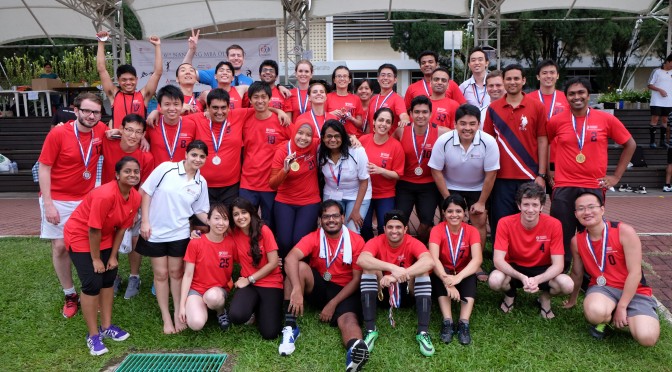
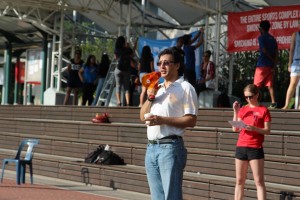
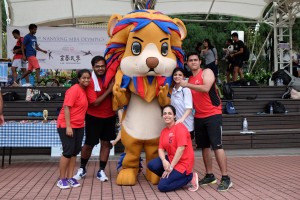
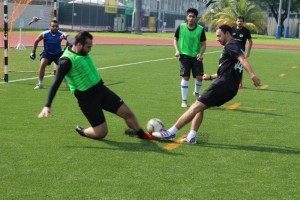

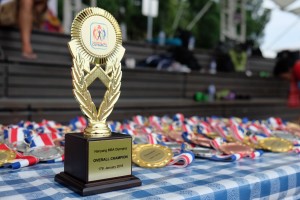


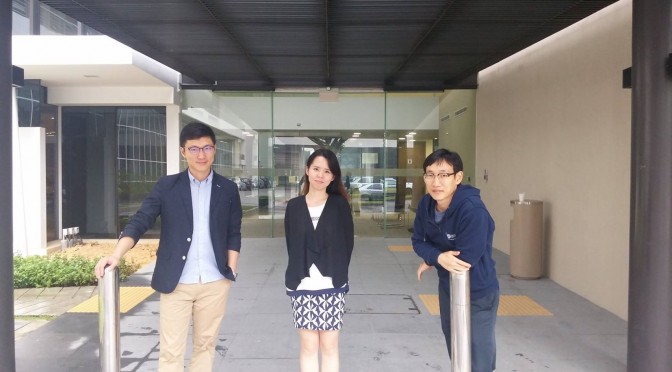
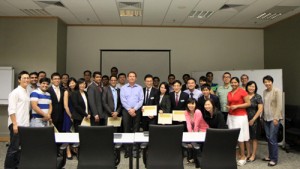







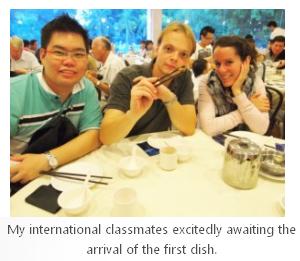
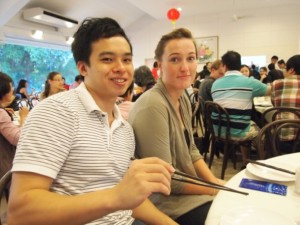
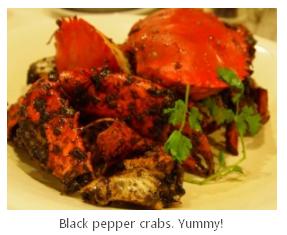
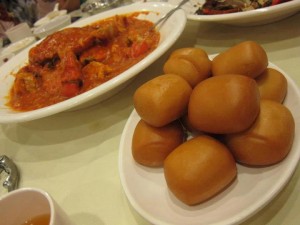
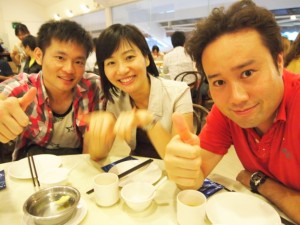




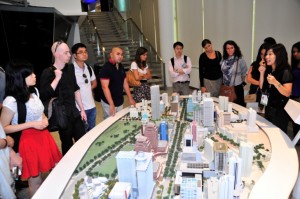



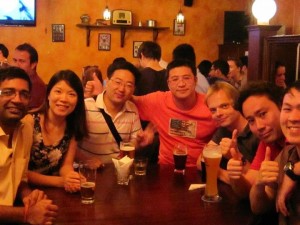




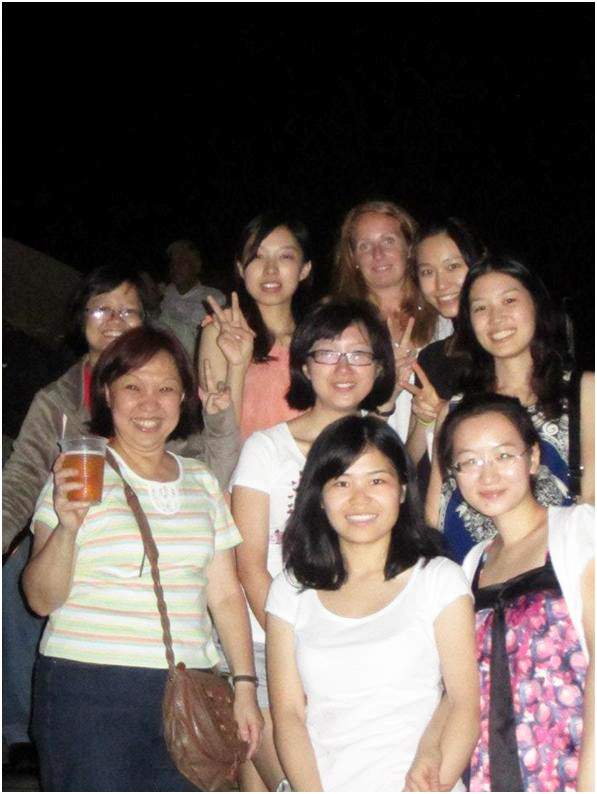

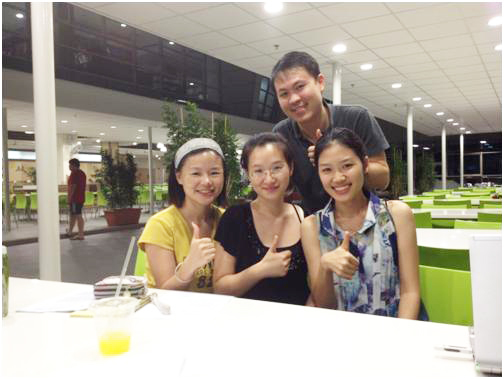

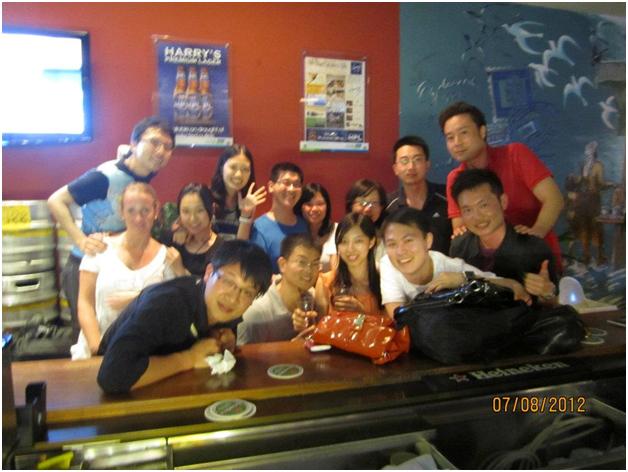
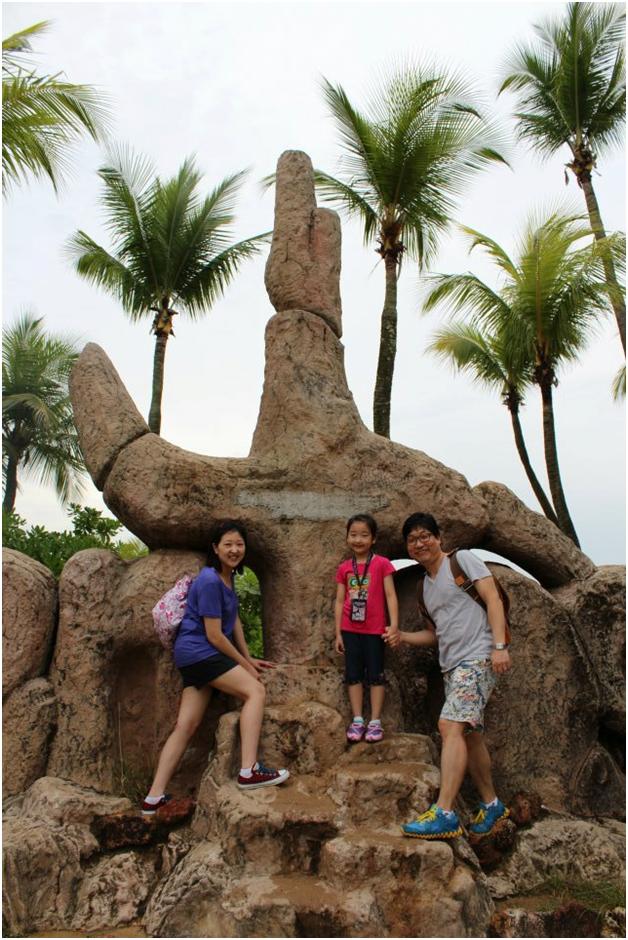

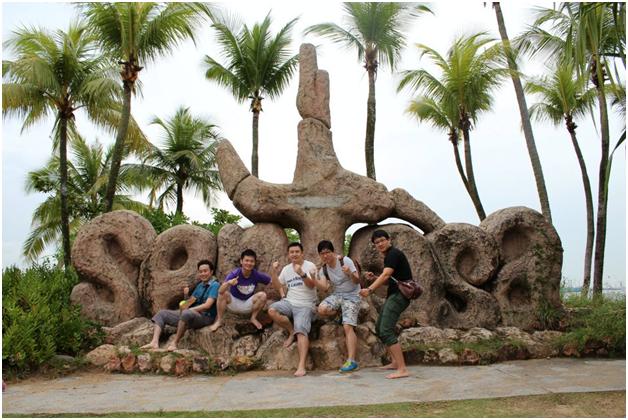

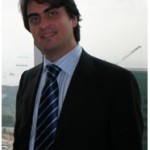
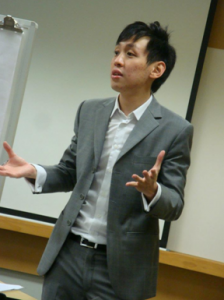
You must be logged in to post a comment.